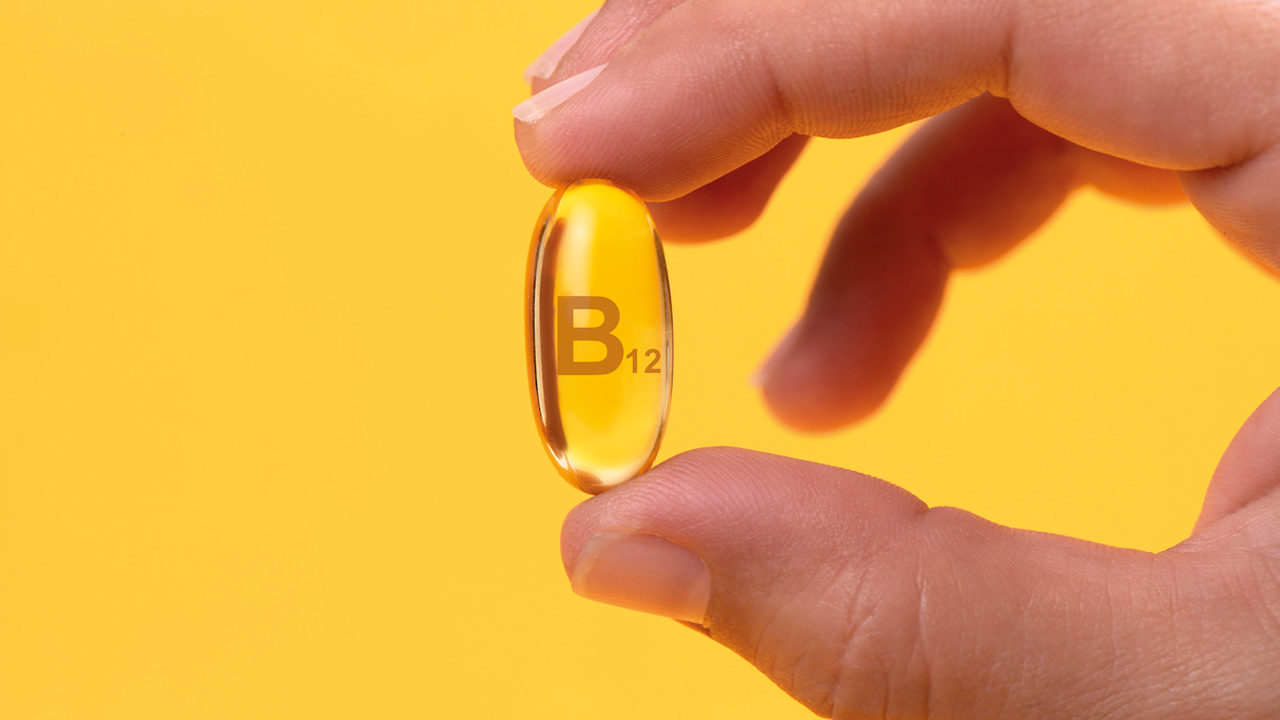In In-depth
Follow this topic
Bookmark
Record learning outcomes
The National Institute for Health and Care Excellence (NICE) has published its first-ever guideline on vitamin B12 deficiency.
The guidance explores how to diagnose the condition in primary care as well as which treatment options to use depending on the individual case. Crucially, NICE has said that anyone who is exhibiting at least one symptom and has one or more risk factors for the condition should be offered a diagnostic test.
What is vitamin B12 deficiency?
Vitamin B12 deficiency can be diagnosed at any age, but is most common in older people, affecting one in 10 people over the age of 75. Most people with the condition have underdeveloped red blood cells that are larger than normal (megaloblastic anaemia).
In the UK the most common cause is pernicious anaemia, an autoimmune condition that affects the stomach. It causes the immune system to attack the cells in the stomach that produce the protein needed to absorb vitamin B12 into the blood stream. Diet can also play a significant role in causing the condition. People who do not consume enough meat, fish and dairy products are all at risk of becoming deficient. Stores of vitamin B12, however, can last in the body for around two to five years without being replenished so it can take a long time for problems to develop after a dietary change (such as switching to a vegan lifestyle).
If left untreated, vitamin B12 deficiency can cause a wide range of health problems. Symptoms include rapid breathing, headaches and problems with vision, fatigue, diarrhoea, sore and red tongue (sometimes with mouth ulcers), problems with memory and judgement, muscle weakness, numbness, and incontinence.
The condition can be treated via hydroxocobalamin injections or vitamin B12 tablets – which must be taken every day between meals.
Recommendations
Aside from offering diagnostic tests to those who fit the criteria, NICE’s draft guideline also recommends:
- A methylmalonic acid (MMA) test should be used to confirm diagnosis if initial testing is inconclusive
- Treatment should be considered if an individual’s test is indeterminate and vitamin B12 deficiency is suspected with or without an MMA test
- Treatments including intramuscular injections of vitamin B12 or oral replacement for the treatment of deficiency
- In cases where diet is the cause, offer advice on changes to diet and advice on OTC supplements.
The guideline is open to a six-week consultation which will close at 5pm on 22 August.

